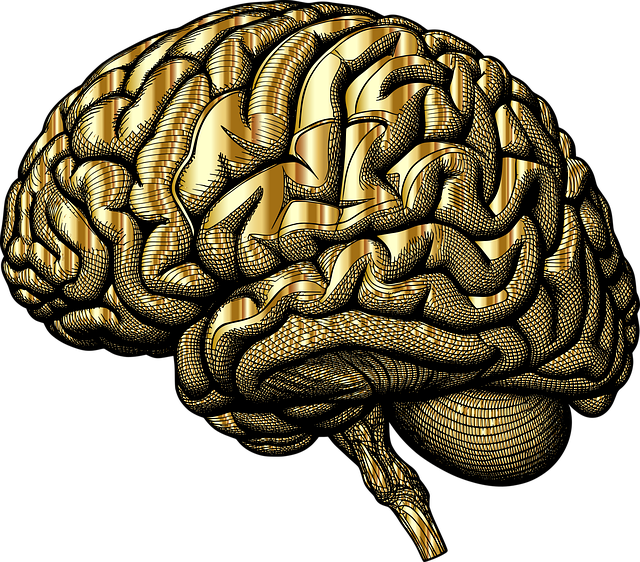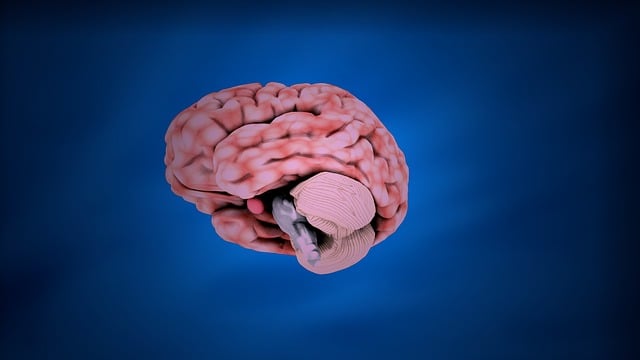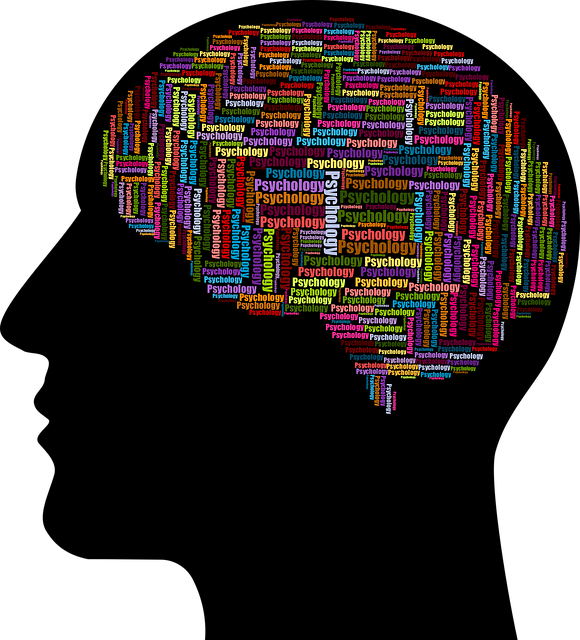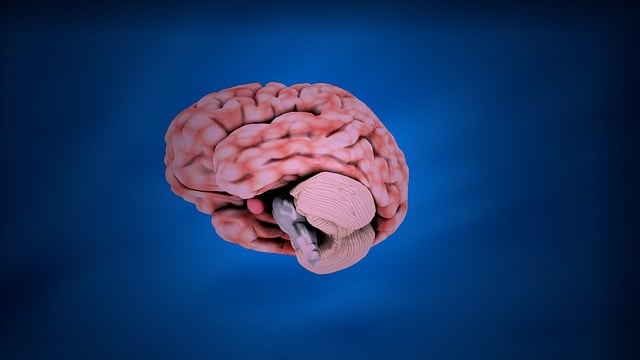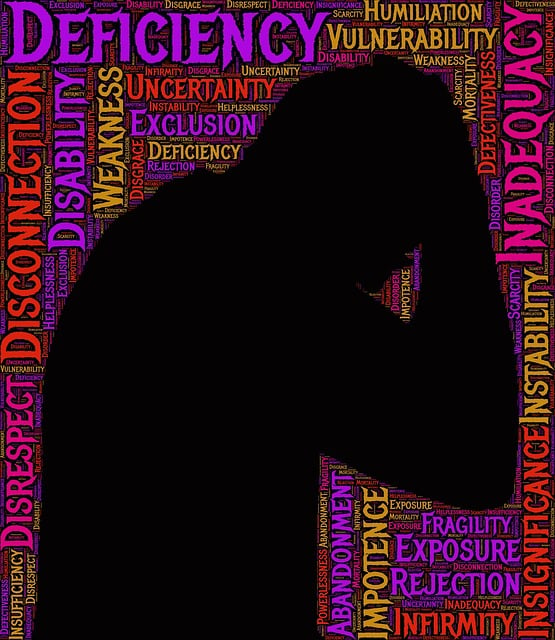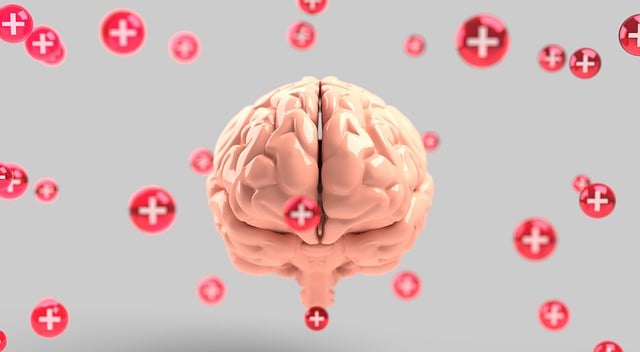Depression, a complex mental health disorder, can be mitigated through early recognition of its signs and symptoms. Key strategies include therapy for adults—often combined with family counseling—to offer coping mechanisms and improve communication. Cultural competency training ensures diverse populations receive sensitive care. A supportive network and Mental Health Policy Analysis advocate for accessible, effective depression treatment. Therapy techniques like cognitive behavioral therapy (CBT) and interpersonal therapy help reframe negative thought patterns. Family counseling strengthens support networks, enhances communication, and builds resilience. Maintaining a healthy lifestyle through balanced diets, regular exercise, and adequate sleep also plays a crucial role. Connecting with community resources, support groups, and professional counselors further aids in prevention and management of depression.
Depression is a prevalent yet manageable condition that requires proactive strategies for prevention. This article explores various effective approaches to safeguard your mental health, offering valuable insights into recognizing early signs and taking control. From understanding the role of therapy for adults in fostering resilience to leveraging family counseling for support networks, these strategies provide a holistic framework. Additionally, discover the impact of lifestyle changes, community resources, and support groups in preventing and managing depression.
- Understanding Depression: Recognizing Signs and Symptoms
- The Role of Therapy for Adults in Preventing Depression
- Family Counseling: Building Support Networks and Fostering Resilience
- Lifestyle Changes for Mental Well-being: Diet, Exercise, and Sleep
- Community Resources and Support Groups: Connecting with Like-Minded Individuals
Understanding Depression: Recognizing Signs and Symptoms

Depression is a complex mental health disorder that significantly impacts an individual’s daily life and overall well-being. Recognizing the signs and symptoms early on is crucial in preventing and managing this condition. While it may present itself differently for everyone, common indicators include persistent feelings of sadness, hopelessness, or emptiness, along with changes in appetite and sleep patterns. Individuals might also experience a lack of interest in activities once enjoyed, fatigue, difficulty concentrating, and even thoughts of self-harm.
Seeking support from a healthcare provider is essential when dealing with these signs. Therapy for adults, often coupled with family counseling, can be immensely beneficial. It empowers individuals to develop inner strength and coping mechanisms while fostering better communication within families. Moreover, increasing awareness through cultural competency training in mental health services ensures that diverse populations receive culturally sensitive care. The role of a supportive network cannot be understated, and advocacy through Mental Health Policy Analysis can further promote accessible and effective treatments for depression prevention.
The Role of Therapy for Adults in Preventing Depression

For many adults, therapy plays a pivotal role in preventing depression by offering effective emotional well-being promotion techniques. Professional counseling provides individuals with safe spaces to explore and express their feelings, thoughts, and experiences. Through various therapeutic approaches, such as cognitive behavioral therapy (CBT) or interpersonal therapy, adults can learn to identify and challenge negative thought patterns, build coping strategies, and strengthen their problem-solving skills. Moreover, family counseling has proven beneficial, addressing relationship dynamics that may contribute to depression and fostering healthier interactions within the household.
Incorporating empathy building strategies into therapeutic processes further strengthens prevention efforts. Therapists skilled in active listening and compassionate response help individuals feel understood and validated, reducing feelings of isolation and promoting resilience. By combining these emotional well-being promotion techniques with ongoing mental health policy analysis and advocacy, we can ensure that access to quality therapy remains accessible to all adults at risk for depression, fostering a more supportive environment for mental health recovery and overall community well-being.
Family Counseling: Building Support Networks and Fostering Resilience

Family counseling offers a unique and powerful approach to depression prevention by addressing the intricate dynamics within a person’s support network. This type of therapy brings together family members to foster open communication, resolve conflicts, and build stronger relationships. By creating a safe space for everyone involved, it enables individuals to understand and express their emotions more effectively. Through this process, families can develop empathy-building strategies, strengthen their bonds, and create a supportive environment that promotes resilience against depression.
The counseling process focuses on self-esteem improvement by helping each family member recognize their worth and contribute positively to the group’s well-being. Mind over matter principles are also integrated, teaching individuals how to manage and reframe negative thoughts and beliefs. This holistic approach ensures that family members not only gain valuable coping mechanisms but also develop deeper connections, fostering a sense of belonging and emotional security, which is crucial in preventing and managing depression.
Lifestyle Changes for Mental Well-being: Diet, Exercise, and Sleep

Maintaining a healthy lifestyle is an essential aspect of preventing and managing depression. Diet plays a significant role in mental well-being; incorporating nutrient-rich foods like fruits, vegetables, whole grains, and lean proteins can positively impact mood and energy levels. Omega-3 fatty acids found in fish, nuts, and seeds are particularly beneficial for brain health and may reduce symptoms of depression.
Regular exercise is another powerful tool to boost mental wellness. Physical activity stimulates the release of endorphins, which act as natural antidepressants, and can improve overall mood. Aim for a mix of aerobic exercises and strength training tailored to your fitness level. Additionally, prioritizing consistent and adequate sleep is crucial. Most adults require 7-9 hours of uninterrupted sleep each night to support emotional regulation and cognitive function. Consider implementing relaxing bedtime routines and creating a conducive sleep environment to enhance the quality of your rest.
Community Resources and Support Groups: Connecting with Like-Minded Individuals

Connecting with community resources and support groups is a powerful strategy for depression prevention. These networks offer a safe space to share experiences and connect with like-minded individuals who understand what you’re going through. Support groups facilitate open conversations, fostering a sense of belonging and reducing feelings of isolation. Members often gain valuable coping skills development and confidence boosting through sharing personal stories and learning from one another.
In addition to support groups, therapy for adults and family counseling play pivotal roles in depression prevention. Professional counselors and therapists provide compassionate cultivation practices tailored to individual needs. Through these sessions, individuals can explore underlying issues, develop effective coping mechanisms, and gain insights into their thoughts and behaviors. By addressing root causes and building resilience, these interventions empower people to navigate life’s challenges with greater ease and emotional well-being.
In conclusion, preventing depression involves a multifaceted approach. While understanding depression’s signs and symptoms is crucial, specific strategies such as therapy for adults, family counseling, lifestyle changes like diet, exercise, and sleep, along with community support through resources and groups, can significantly foster resilience and mental well-being. Integrating these methods can create a robust shield against depressive episodes, emphasizing the importance of both professional guidance and personal stewardship in maintaining a healthy mind.

